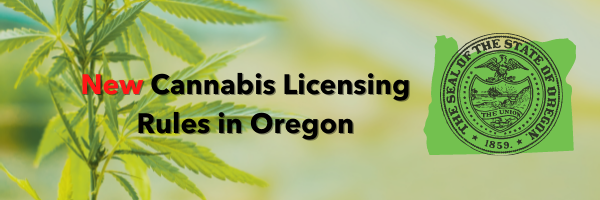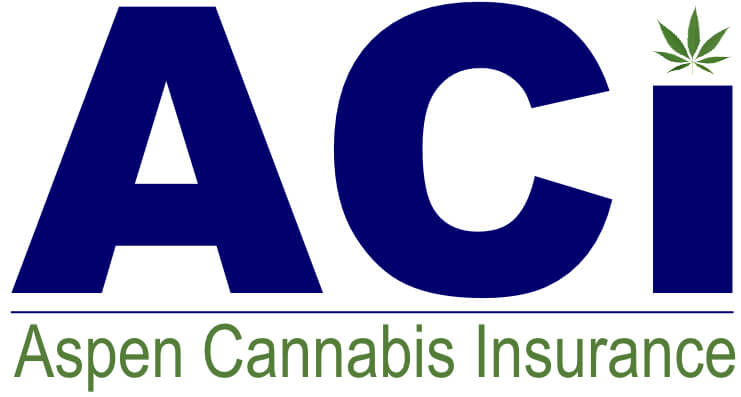
Oregon first legalized the use of medical marijuana in 1997, legalizing adult-use marijuana in 2014. Since then, sales of cannabis have grown each year. In 2018, sales were 643 million; in 2020 sales were 1.1 billion dollars, a 58% increase over two years.
Sales ranking in 2021 places Oregon a number six, trailing number one in sales California. California also has 100 times the population (the 2020 census counts California population at 39 million compared to Oregon at 4.1 million).
Adjusting sales for population, per capita cannabis spend in California was $111 per person where Oregon was $264 per adult. With such high sales, per capita spend and associated state revenue, regulations should be adjusted to support business growth. To align with how the cannabis business is evolving, the Oregon Liquor and Cannabis Commission approved new rules affecting both the consumer and the retailer/distributor.
According to a news release from the agency, new rules are intended to streamline oversight of the industry, decrease violations, expand choices for consumers and help prevent children from accessing hemp products containing THC.
For the Consumer
A number of the changed rules affect the consumer:
- Consumers will now be able to buy two ounces of usable marijuana, up from one ounce.
- Edible concentration limits will increase from 50 mg THC to 100 mg per package.
- Single-serving portions (of no more than 10 mg THC) must be scored to make the portion sizes obvious.
- Home delivery will be allowed across city and county lines as long as local authorities approve of it. Previously, delivery was limited only to the city or county where a cannabis retailer was located.
- To ensure hemp products containing large amounts of THC don’t comingle with general market products, the commission will limit the general market sale of hemp edible products to 2 mg of THC in a single serving, and up to 20 mg THC per container of hemp product.
- The commission will begin accepting label applications for marijuana edibles that exceed 50 mg THC in the package. Edibles that exceed 50 mg THC will not be eligible for sale until April 1 regardless of whether a label has been approved.
These changes should help reduce the number of trips to the dispensary and also reduce the calories associated with candy edibles.
For the Business
These changes will improve product safety and reduce the time and effort to manage large commercial grow operations
Non-intoxicating Artificially Derived Cannabinoid Certification
The first change affects new product licensing and certification. The commission requires that non-intoxicating artificially derived cannabinoids go through the ordinary regulatory review process required for ingredients in dietary supplements or food products.
For the commission to approve in the future something like cannabinol (CBN), the CBN would need to meet the standard for a New Dietary Ingredient notification, Generally Recognized as Safe (GRAS). Commission licensees will have 18 months to bring their CBN products into compliance.
This rule adds consumer protection to new products. This addresses the number of wellness products on the market which were using new non-intoxicating cannabinoids such as CBN, CBC and CBG. The certification rules for testing and certification were vague resulting in a wide quality variance across products. This rule requires any new cannabinoid to meet the minimum standards set by the Food and Drug Administration’s New Dietary Ingredient notification, Generally Recognized as Safe.
This will probably reduce the number of available products, but those products which are available will have been thoroughly tested. Brands licensed in Oregon have 18 months to bring their products into compliance.
More Efficient Plant Tagging and Reporting
The commission is reducing the time and cost for licensees to report marijuana plant tagging and harvests into the state’s Cannabis Tracking System and improving licensees’ ability to self-distribute their products.
Compliance is much higher when the time and cost required to comply is low. This ruling simplifies the process of tagging plants and reporting those plants to the state. It isn’t clear if this is system, process, or policy changes.
However, reducing the time and cost for reporting lets farmers concentrate on their primary job: farming.
End To Childproof Containers
Products are now longer required to be so heavily childproofed improving access for users with limited mobility. The ruling states:
“Usable marijuana and hemp (including plain pre-rolls) are no longer required to be in child-resistant packaging before leaving a retailer.”
This rule also eliminates the need for dispensaries to hand out, and charge for, exit bags.
Taken together, the rules changes improve both the consumer and the service side: the retailer and manufacturer. It also demonstrates good government: change the rules to keep pace with a changing industry and marketplace.
Aspen Cannabis Insurance is a family run business in Denver, Colorado servicing clients nationwide. We work with multiple insurance carriers to offer our customers a wide variety of risk reduction coverage at the lowest possible cost. We offer a wide range of personal, auto insurance, commercial and professional insurance to residential and commercial insurance customers enabling the cheapest rates available. Call to speak to one of our professionals for home or business insurance and see how painless insurance shopping can be.
